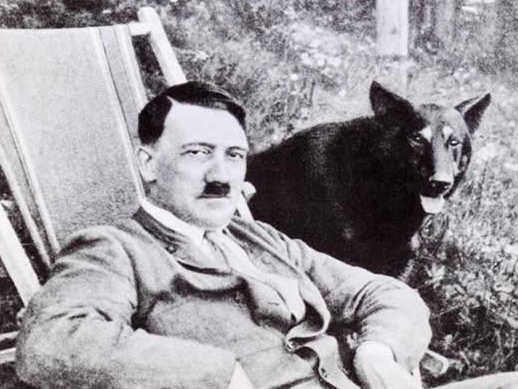September 3rd, 1939 at 11 am, the ambassador of Great Britain in Berlin delivers a declaration of war.
1939年9月3日,驻柏林的英国大使于早上11点宣布开战。
At 5pm, France declares war on Germany. Hitler can hardly believe it.
下午5点法国对德国宣战,希特勒简直无法相信。
German generals find himself facing their worst case scenario, war on two fronts. But the die is cast.
德国将军自己面临最糟的状况:两条战线的战争。但事情已成定局。
Hitler unleashes the Wehrmacht, the armed forces of Nazi Germany, on to Poland.
希特勒下令纳粹德国陆军进军波兰。
Entering battle as if in a Philippa gone age, the Polish cavalry charges the German tanks and is slaughtered.
以如同古代军队之姿进入战斗。波兰骑兵对德国坦克展开攻势,然后遭到屠杀。

Paris, the GARE DE I'EST train station.
巴黎,东站火车站。
Many of these men had shifted out from this same platform 25 years ago in a totally different atmosphere.
在截然不同的气氛中,这些人从25年前同样的月台出发。
In August 1914, they marched off to war in high spirits with flowers in their rifles, but no flowers this time and their rifles.
1914年8月,他们士气高昂地到前线打仗,步枪上插着花。但这回没有鲜花,也没有步枪。
Nobody wants to fight this war. 4 million men are mobilized.
没人想打这场仗。总共动员了4百万人。
Many of them are farmers. France is still a largely rural country.
他们之中大多数人为农夫。法国主要仍是农业国。
They head for the German border on foot with their officers following on horseback.
他们徒步前往德国边界,军官则骑马跟在后方。
Armies still rely heavily on horses and these are requisitioned through out the country.
军队仍大量依赖马匹,而这些马是全国各地征召来的。
Motorization has not kept up.
机动化尚未落实。
Jastone Schiller, a driver one of these out-dated trucks with solid rubber tires, recalls.
开这些实心橡胶轮胎旧式卡车的嘉士东席黑克回忆道。












